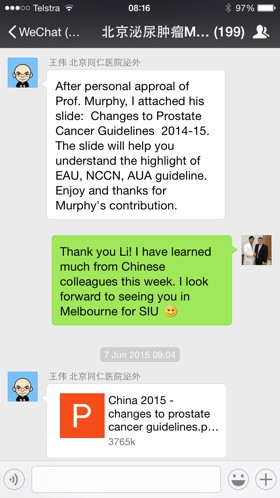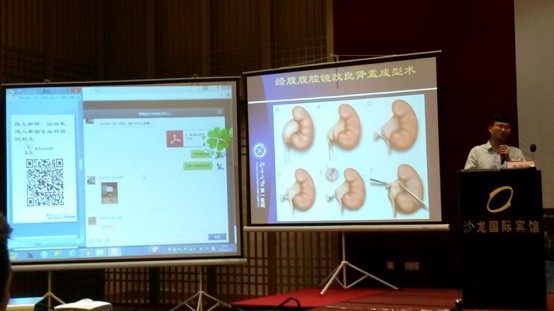Coming out of lockdown safely – A view from China
How our lives have changed. Over two months ago we published a popular blog on the effect of COVID-19 on our surgical practice (https://www.bjuinternational.com/bjui-blog/covid-19-and-urology/). In many ways it informed us as to what to do during challenging times to keep our patients safe.
As we gradually take careful steps out of lockdown, our minds are focused on the most important of all words – SAFETY.
While every nation will have differences and nuances, the principles of learning from each other, remain the same as they did when lockdowns started.
I am not surprised by new and ever changing information about the disease almost every day and see international collaboration as a powerful and positive tool in this situation.
With this in mind I requested our friends from Italy, China, Germany and New Zealand for their own perspectives.
Here are their thoughts for your reading pleasure.
Please feel free to insert your comments under the blog and share on social media.
Yours in friendship,
Prokar Dasgupta
Editor in Chief, BJUI
In China, after a 3-month period of lockdown, the whole country is looking forward to run back to the normal life. The central government of China asked the local authorities lead the economic and daily life come out of lockdown gradually. Although the atmosphere of pandemic in China has become less tense, we are still paying fully attention on the prevention and detection of COVID-19. Below are the brief measures used in our hospital after the complete lockdown. It is important to note that the rules and guidelines varied from place to place, and adjusted according to the up-to-date situation.
- On-site registration service in out-patient clinic is still prohibited. Outpatient clinic accepts online appointment only.
- A temporary shelter clinic was built in February in my hospital. We are now still using the temporary shelter clinic to distinguish the suspicious infectors with other patients.
- The flow of visitors in hospital is still under control. All the entrances are still monitoring people’s temperature and travelling history.
- In the temporary shelter clinic, urologists have to wear examination gloves, surgical masks, and disposable hat and shoe cover in a single room for face to face consultation.
- Negative complete blood count, chest CT, and oropharyngeal swab DNA tests are compulsory before inward admission for both patients and their accompanied relatives.
With the strict application of the protective measures, no in-ward patient or staff member had been infected by COVID-19 in my hospital. Although these measures add up a lot of works for my colleagues, I believe it is worthy as the threat of COVID-19 still exist.
Guohua Zeng, Di Gu and Wei Zhu
First Affiliated Hospital of Guangzhou Medical University, China











